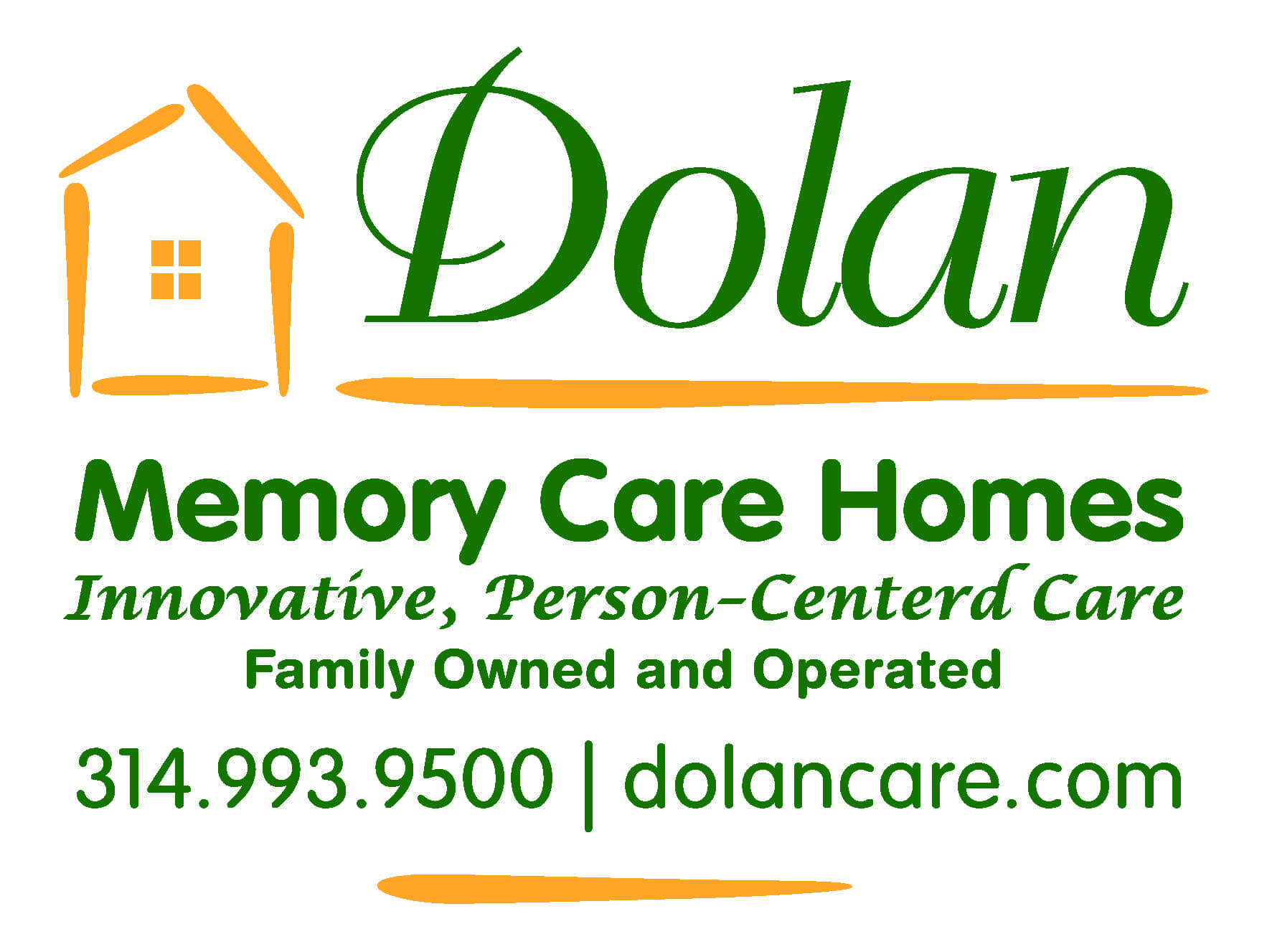[et_pb_section fb_built=”1″ _builder_version=”3.29.3″ fb_built=”1″ _i=”0″ _address=”0″][et_pb_row _builder_version=”3.29.3″ _i=”0″ _address=”0.0″][et_pb_column type=”4_4″ _builder_version=”3.29.3″ _i=”0″ _address=”0.0.0″][et_pb_text _builder_version=”3.29.3″ hover_enabled=”0″ _i=”0″ _address=”0.0.0.0″]
Despite the many mysteries surrounding Alzheimer’s disease, one thing is for certain: it is an isolating illness. Ask any person with dementia (PWD) or their family and they’ll confirm the hard truth-social circles tend to dissipate after a memory impairment diagnosis is made. Sad though the disease is, it is imperative that friends and communities rally around and support PWD and their families.
An article by Clare Ansberry of the Wall Street News illustrates the sad reality of loneliness surrounding Alzheimer’s. Ansberry follows the story of Keith Moreland, who was diagnosed with Alzheimer’s disease in 2018 at the age of 58 years old. Moreland recalls feeling left out of his social circle shortly after being given his diagnosis. “We’re never invited anymore. Maybe I don’t remember some stuff, but I’m still Keith”.
Moreland hits the nail on the head of an important fact of memory care: this disease robs individuals of memories, but it does not take away the mere fact that a person and soul still exist outside of the impairment. The observation also reflects the general lack of societal acceptance and understanding. It’s also possible a part of the misunderstanding on society’s part is actually a lack of not knowing how to interact with and engage a PWD.
Another participant in Ansberry’s article has luckily had a different experience than Moreland. Greg O’Brien, 69, of Cape Cod, says that while he’s lost some friendships because they are unsure how to interact with him, other close friends have rallied around him to support him throughout his diagnosis. He says they’ll approach him and offer their name, instead of waiting for him to try and recall it; i.e. saying “Hi Greg, its Jim”, as they embrace him with a hug. O’Brien also has observed them ensuring his participation in social settings. If he becomes withdrawn and overwhelmed by a social situation, they’ll touch his hand or shoulder to bring him back to the present and let him know they’re there with him. “A simple hug or touch is so important in Alzheimer’s. We’re not lepers”, O’Brien says.
To combat this unfortunate dynamic, the social workers of Dolan Memory Care Homes recommend the following tips for providing support to a PWD and their families:
- Don’t disappear when someone you know is diagnosed with Alzheimer’s disease or dementia. Ask the family how you can be of support.
- Offer to spend time with the PWD to give their primary Care Partner (be it spouse or child) respite while they go shopping, for a walk, to support group, or out with friends.
- Offer gentle reminders to the PWD if they look confused about something.
- Give the PWD time to process and answer a question or comment.
- Don’t point out to the PWD if they’ve repeated something.
- Offer to spend time alone with the primary Care Partner to lend a listening ear or even just time out of the house, even if the conversation is not about their loved one with dementia.
- Educate yourself on how to engage with PWD, how dementia manifests and how to help. Reaching out to your local Alzheimer’s Association chapter is a wonderful way to start looking for literature and resources.
Dolan Memory Care Homes recognizes how isolating dementia may be for the person affected and respective family memories. Our households are built with a social worker to adjunct and support family members and person with dementia throughout the journey. The family members often find that Dolan Memory Care Homes becomes quite the support group, family members often leaning on and creating relationships with other family members.
[/et_pb_text][/et_pb_column][/et_pb_row][/et_pb_section]





